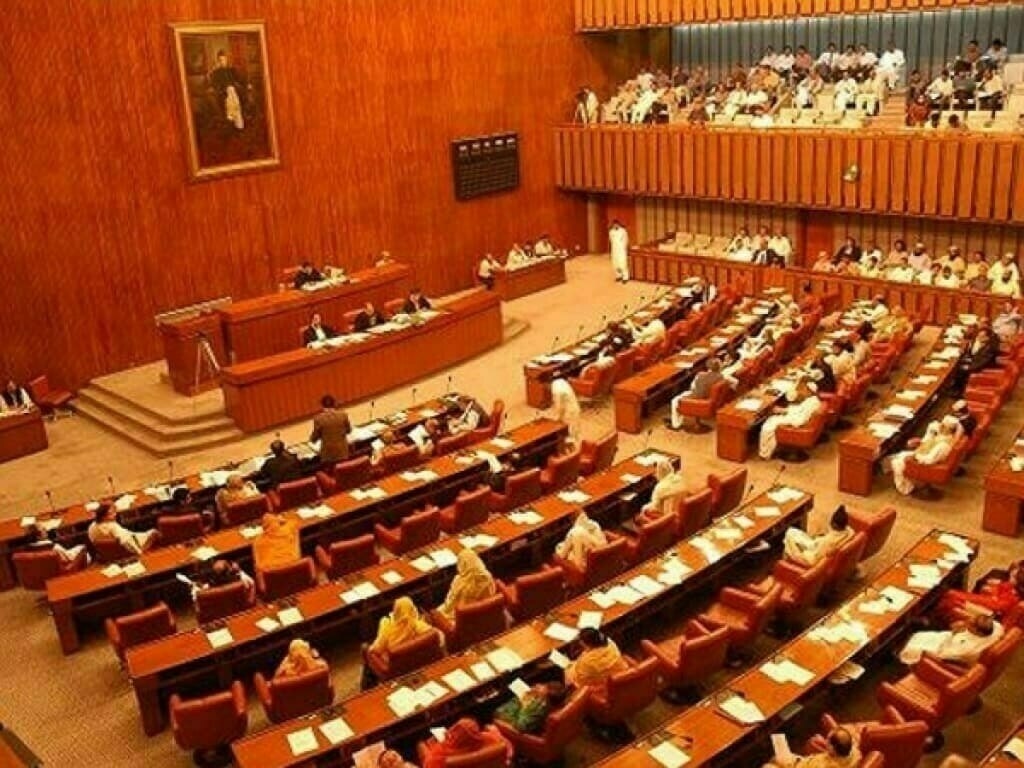Islamabad: The Senate on Friday unanimously passed four important amendment bills—covering extradition procedures, citizenship laws, criminal justice, and education reform—marking a step forward in the government’s efforts to modernize outdated frameworks and address long-standing issues. The bills were passed after clause-by-clause readings and were earlier reviewed by the relevant Standing Committees.
The approved legislation includes the Extradition (Amendment) Bill, 2025; the Pakistan Citizenship (Amendment) Bill, 2025; the Criminal Law (Amendment) Bill, 2025; and the Federal Board of Intermediate and Secondary Education (Amendment) Bill, 2025. These bills were moved by Minister of State for Interior Muhammad Tallal Badar and Minister of State for Federal Education and Professional Training Wajiha Qamar.
The Extradition (Amendment) Bill aims to streamline the process of handling extradition requests by reducing delays caused by repeated referrals to the federal cabinet, thereby enhancing efficiency in international cooperation on criminal matters.
The Pakistan Citizenship (Amendment) Bill addresses the concerns of the overseas Pakistani community who were compelled to renounce their citizenship to acquire foreign nationality. The amendment introduces a provision enabling the resumption of Pakistani citizenship for those eligible under dual nationality agreements.
The Federal Board of Intermediate and Secondary Education (Amendment) Bill proposes a comprehensive overhaul of the Board’s operations, enabling it to adopt international best practices, enhance decision-making agility, and promote global academic collaboration. The Board’s composition has also been revised for greater inclusivity.
Additionally, Minister of State for Law and Justice Aqeel Malik laid before the Senate the National Agri-trade and Food Safety Authority Ordinance 2025, as per clause (2) of Article 89 of the Constitution. The ordinance is expected to establish regulatory mechanisms for food safety and agricultural trade.
The passage of these bills reflects the government’s legislative momentum in tackling legal, civic, and institutional challenges with targeted reforms.


























